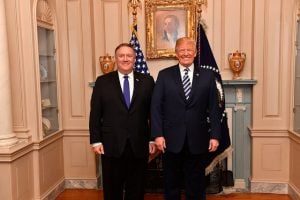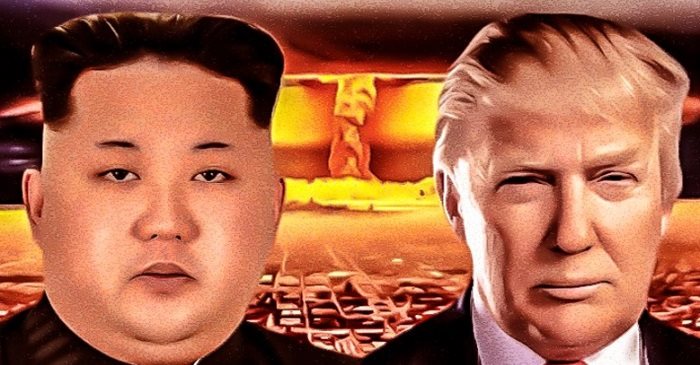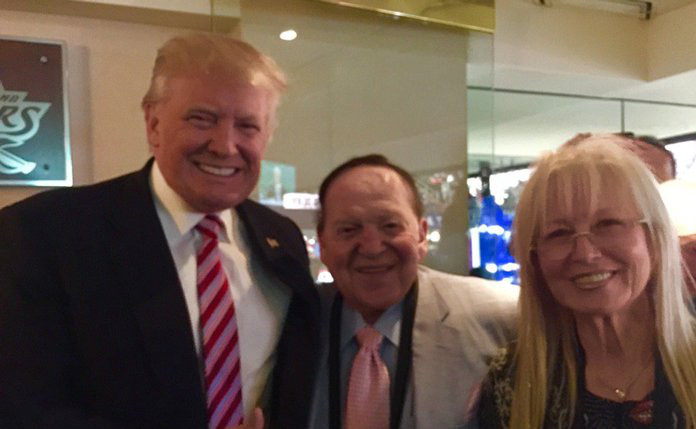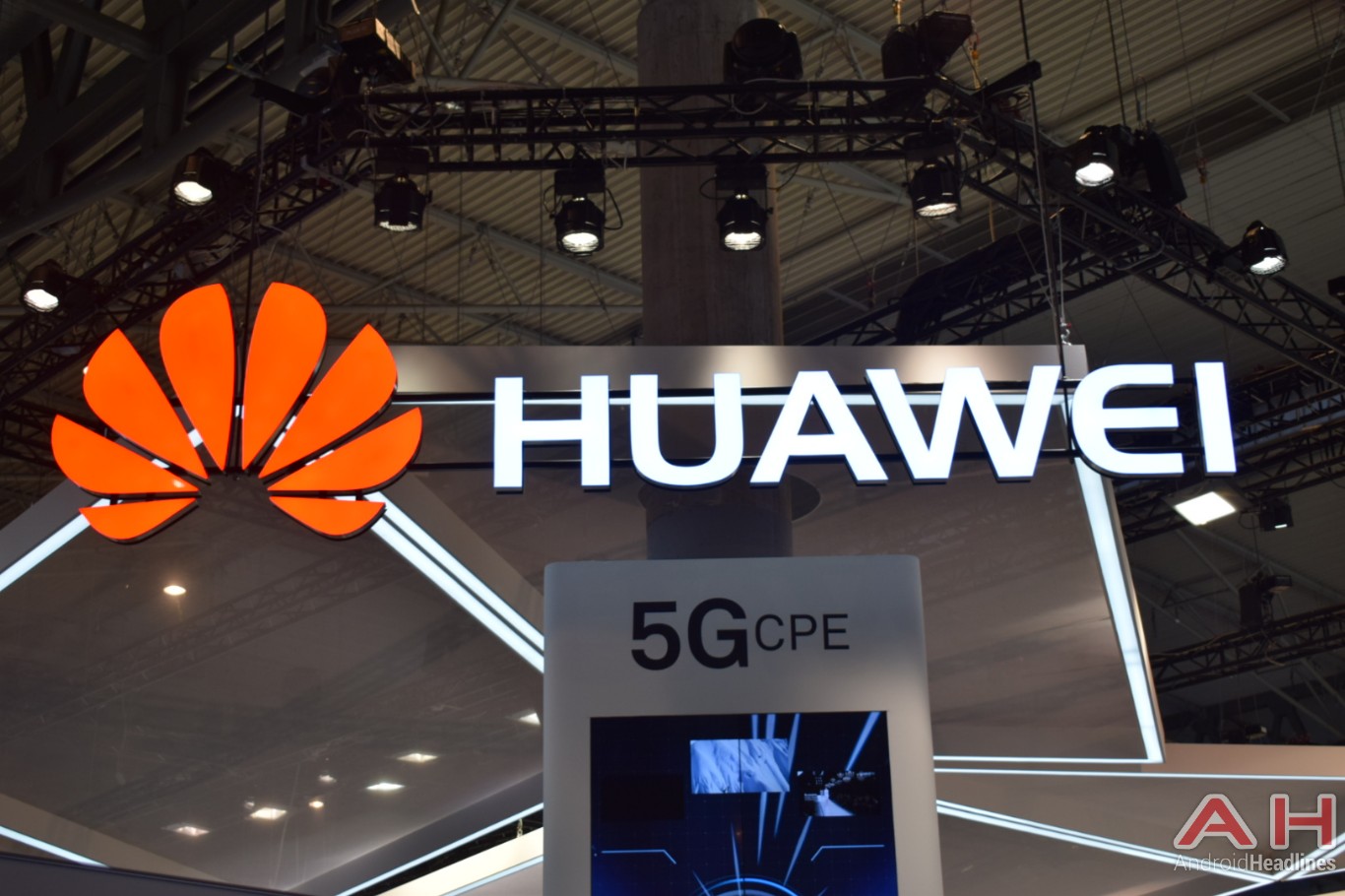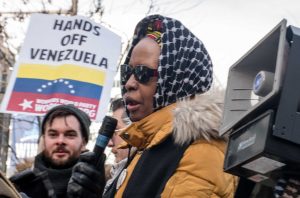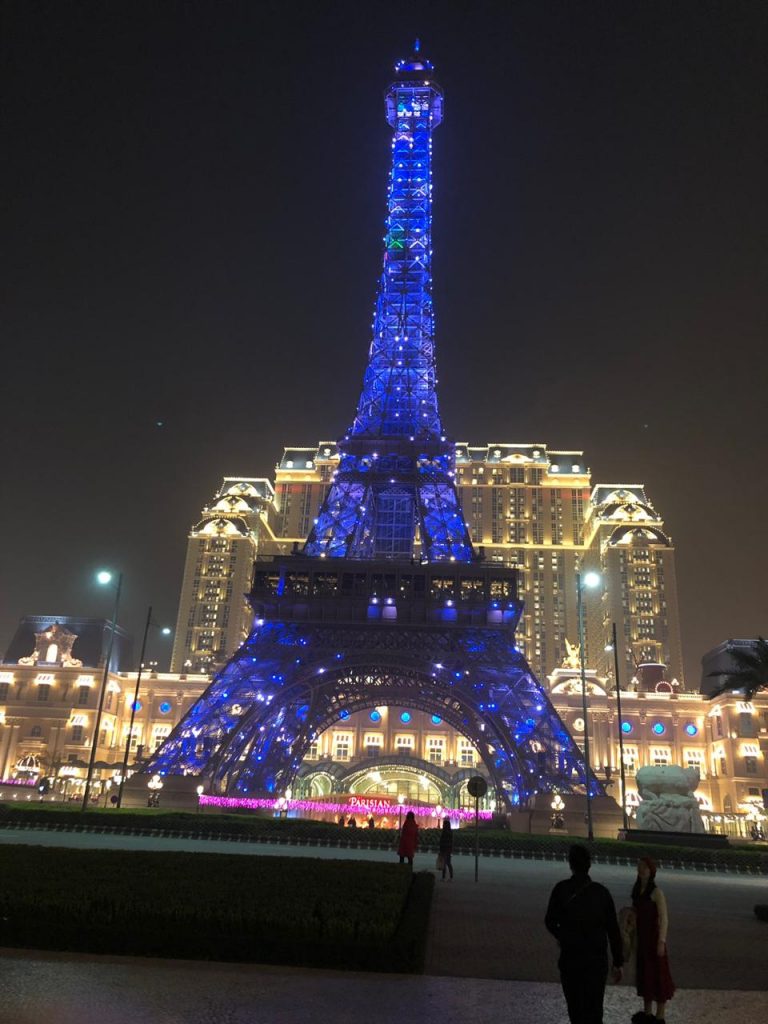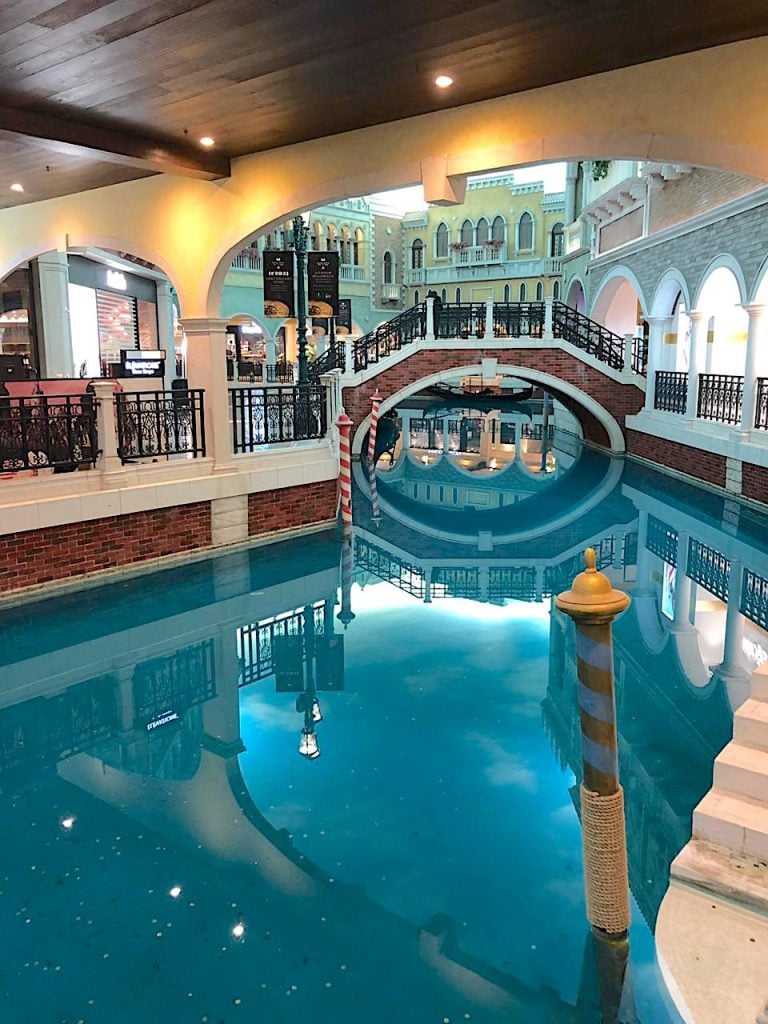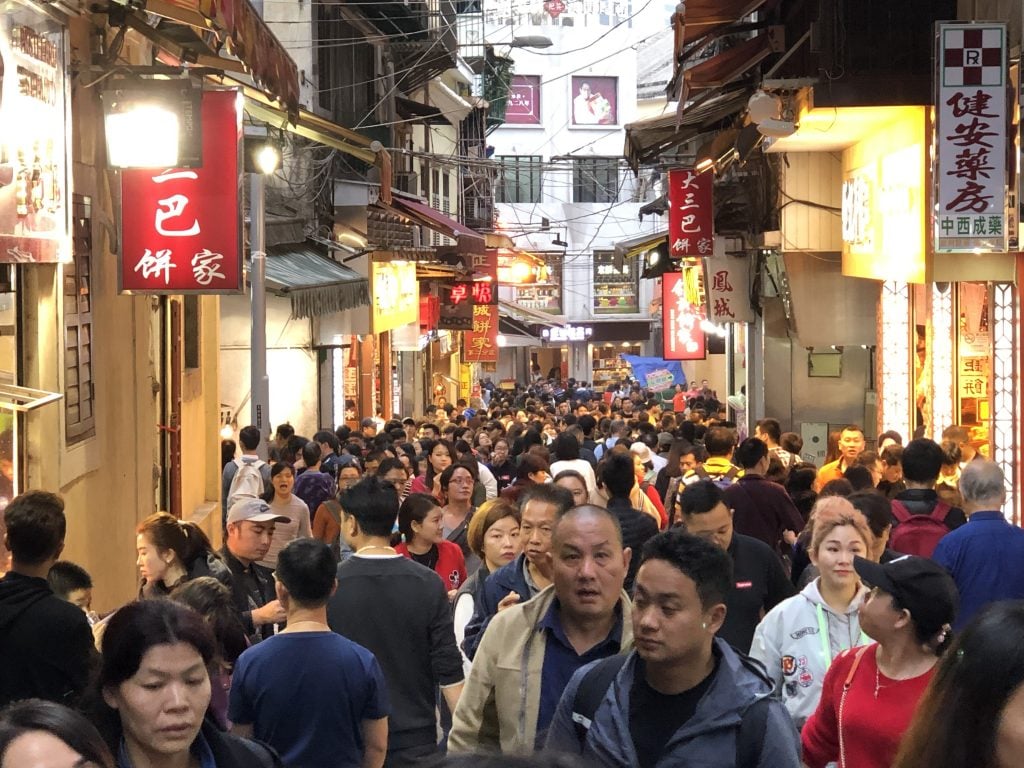The Future of Statehood: Israel & Palestine
February 6th, 2019 by Prof. Richard Falk
Interview with a Brazilian journalist Rodrigo Craveiro on behalf of Correio Braziliense: (Jan. 30, 2019) on current prospects of Palestinian national movement.
***
Fatah, Hamas, the Future of Statehood and Peace Prospects
Rodrigo Craveiro: With the dissolution of government do you see any risk for unity among all Palestinian factions? Why?
Richard Falk: It is difficult at this stage to interpret the significance of the recent dissolution of the Palestinian Legislative Council (PLC), which serves as the Parliament of the Palestinian Authority that governs the West Bank and enjoys formal recognition as the representive of the Palestinian people internationally. The PLO continues to exist as an umbrella framework to facilitate coordination among Palestinian political factions aside from Hamas and Islamic Jihad, which have never been associated with the PLO. It seems that dissolution of the PLC is related to the prospect of new leadership of the Palestinian Authority, especially the speculation that the Palestinian president, Mahmoud Abbas will soon retire, and be replaced. It is also possible that this move is an attempt by the PA to create a stronger basis for creating an actual Palestinian state in an atmosphere in which the Oslo diplomatic framework has been superseded.
Without the prospect of a diplomatic resolution of the conflict by negotiation between the parties, the Abbas leadership is trying to establish for Palestine the status of an international state by way of its own unilateral moves. Israel on its side it trying by its unilateral initiatives to create its own expanded state that extends Israeli sovereignty over all or most of the West Bank, which remains legally ‘occupied’ despite a variety of fundamental encroachments on Palestinian autonomy. In other words we are witnessing contradictory moves by both Israel and Palestine to achieve their goals by unilateral political moves rather than through international diplomacy under U.S. auspices based on a negotiated agreement reflecting compromise. In the process both the PA and Israel are in the process abandoning earlier pretensions of democratic governance. This move by Abbas to dissolve the PLC is most accurately interpreted as the further de-democratization of Palestine, and the establishment of a more robust autocratic governing structure that does not inspire trust among many Palestinians and their supporters throughout the world. The failure, for instance, of the PA to back BDS is indicative of the gap between global solidarity initiatives and the timid leaders provided the Palestinian national movements by Abbas leadership in Ramallah.
RC: How do you analyze the role of Hamas inside the political life of Palestinian people?
RF: It is again difficult to be too definite about the role of Hamas at this time. This is partly because Hamas is likely affected by the changes in the tactics and leadership of the Palestinian Authority, which continues to be internationally regarded as the sole representative of Palestinian interests while being subject to criticism and rejection by large segments of the Palestinian people, especially those spread about the world by being refugees, exiles, and displaced persons., For some time, Hamas has indicated its willingness to agree to a long-term truce (or hudna)with Israel lasting up to 50 years, but only on condition that Israel withdraws from the West Bank and East Jerusalem as well as Gaza, and ends the blockade that has been used to deny the entry and exit of goods and people to Gaza ever since 2007. It is possible that a different leadership in Israel as a result of the April elections will produce a new Israeli approach to Gaza, which could include some kind of grant of autonomy or even independence as one type of alternative policy or intensified coercion that sought to destroy Hamas and its military capabilities as another.
What remains clear is that Hamas, as opposed to the PA, has been a consistent source of resistance to Israeli occupation and expansionism, although evidently willing to pursue its goals by political tactics rather than armed struggle. It is Israel that has insisted that Hamas is a terrorist organization, refusing even to consider establishing a ceasefire regime of indefinite length. It is also the case that Hamas is rooted in Islamic beliefs and practices, which are resented by secularized Muslims and non-Muslim Palestinians. This tension has erupted at various times in the course of the decade of Hamas governance in Gaza. Nevertheless, Hamas has popular support throughout occupied Palestine, and one explanation for the failure of the PA to hold elections is the anticipation that Hamas would likely be the winner, or at least make a strong showing.
RC: Do you consider Hamas a danger for peace efforts building by Palestinian factions with Israel in future? Why?
RF: There is no doubt that if the Palestinian Authority persists in excluding Hamas from participation in shaping the future of the national movement that the friction of recent years will continue, if not intensify. It is also possible that any new, post-Abbas PA leadership will try with increased motivation to find an embracing political framework that brings together the secular factions with those of religious persuasion, and especially Hamas. If the Trump ‘deal of the century’ is made public in coming months, and is treated as a serious proposal that is accepted as a basis of negotiation by the Palestinian Authority, then it would test whether the Palestinian people will be represented in a manner that joins in a single political actor secular and religious forces. The people of Gaza have suffered for many years, the conditions of poverty and environmental hazards are becoming more severe, with shortages of medical supplies, health hazards from polluted drinking water, astronomical levels of unemployment, and the absence of nutritious food creating emergency conditions for the entire civilian population of Gaza of about two million. Given these realities it is almost certain that Hamas will seek to pursue a more viable future for Gaza, but as the Great March of Return has demonstrated in recent months, the population, despite years of demoralization, retains a strong will to resist oppressive conditions of Israel domination.
RC: Until now all efforts to overcome the division between Hamas and Fatah didn’t work. Why? Why is it difficult to achieve a common sense?
RF: I believe the principal reasons that all attempts to achieve a sustainable accommodation tween Hamas and Fatah have failed relate to both ideology and questions of trust. This failure has also been a consequence of Israel’s overt and covert feverish efforts to promote Palestinian disunity and fragmentation. Israel’s emphasis on a politics of fragmentation in addressing the Palestinian challenge is expressed in many ways, including establishing separate governance regimes for the West Bank, Gaza, and Jerusalem, as well as for the Palestinian minority living in Israel and the refugees in neighboring countries.
On ideology there are two main sources of division between Fatah and Hamas—the secular/religious divide, and the greater readiness of Fatah to accept and legitimate the permanence of the Israeli state than is Hamas. For Hamas Israel remains a usurper of Palestine, and such a illegitimate state that can never be formally accommodated, although as suggested, Hamas is prepared to accept a truce of long duration without altering its underlying claims to exercise sovereignty over the whole of historic Palestine. If such a truce was to be agreed upon by Israel it would amount to a de facto acceptance of Israel, and vice versa. If the truce held, it could lead to some kind of indefinite extension that would allow both governing leaderships to feel that they achieved their primary goals, in other words, a win/win outcome.
Fatah, at least since 1988, as well as the PLO, has been willing to normalize relations with Israel and to agree to a territorial division of Palestine along the 1967 boundaries, provided that the arrangement provided for the retention of East Jerusalem as the capital of a Palestinian state. As matters now stand, it is almost unimaginable that Israel would accept the Hamas approach to a future relationship, and given the continuing expansion of the settlements it seems unlikely that Israel would agree to the emergence of a sovereign Palestinian state under any conditions, that is, even if Hamas did not exist.
It is quite likely that Israel would seek to impose a one-state solution by annexing the West Bank in a manner similar to their annexation of the city of Jerusalem. The unresolved tensions between Fatah and Hamas are in my judgment less fundamental than is Israel’s increasing clarity about rejecting any negotiated compromise on such core issues as territory, refugees, and Jerusalem. Israel seems to regard the present situation as one in which it feels almost no pressure to compromise, and instead that it is possible for Tel Aviv to push forward toward an end of the conflict by claiming victory, a view endorsed by Zionist extremists and seemingly supported by the Trump diplomacy to date. I find these perspectives to be shortsighted and unsustainable. Even should the Palestinian leadership is forced given present realities to accept a political surrender, such an induced outcome will produce a ceasefire not a lasting peace. In this post-colonial age denying the Palestinian people their fundamental right of self-determination is almost certain to be unable to withstand the tests of time.
RC: In your opinion what is the recipe or formula to make all Palestinians join together in pursuing common goal, which is the establishment of Palestine State?
RF: I have partially given my answer to this question in earlier responses to your questions. In essence, I am arguing that given the present outlook in Israel, as well as regional and global considerations.
It is not possible to envision the establishment of a Palestinian state even if Palestinians were able to achieve unity and went on to accept the 1967 boundaries excluding the Israeli settlement blocs along the border. Israel no longer hides its intention to expand its state boundaries to encompass the whole of ‘the promised land,’ considered a biblical entitlement within the dominant view of the Zionist project.
As earlier suggested, Israel will do its best to disrupt Palestinian efforts to overcome the cleavages in their movement so as to keep the Palestinian movement as fragmented as possible. As long as the United States continues its unconditional support Israel seems able to ignore the adverse character of international public opinion, as exhibited at the UN and elsewhere. Israel makes little secret of the absence of any pressure to seek a political compromise. Ever since the 1990s a political compromised has been assumed to mean an independent Palestinian state. Only recently, as Israel’s expansionism has made a Palestinian state a diplomatic non-starter and even a political impossibility has the idea of a single state embracing both peoples gained traction.
This shift to a one-state approach has taken to two forms: a single democratic secular state in which the expansionist goals of Zionism are renounced, and no longer would a Jewish state as such exist. Jews would have to accept equality of treatment within such a non-ethnic state, although the establishment of a Jewish homeland might be possible. The alternative single statehood model would be to absorb all Palestinians into a single Jewish state of Israel, perhaps conferring full or more likely partial citizenship rights to Palestinians. Both of these statehood models are post-diplomatic, as is the PA effort to establish a state of its own while enduring a prolonged occupation.
The Israeli version of a single state outcome of the struggle is more in keeping with present realities than is the Palestinian version. Such as assessment also gains strength by noting that the main Arab neighbors of Israel, in particular Egypt and Saudi Arabia, have withdrawn support for Palestinian national aspirations, and are actively cooperating with Israel, giving an Arab priority to the containment of extremist threats to their governments and to their sectarian rivalry with Iran. All in all, the regional and global geopolitical trends of late remove almost all incentives on the Israeli side to do anything other than to manage the favorable status quo until the moment arrives when it seems right to declare and claim that the boundaries of New Israel encompass of the entire territory managed between the two world wars as the British Mandate of Palestine.
As matters now stand it is utopian to anticipate a Palestinian state or a single secular democratic state, but these conditions that seem currently so favorable to Israel are unstable and deceptive, and unlikely to last. There are signs that a position of balanced support as between Israel and Palestine is gaining strength in the West, especially among the American public. Account should also be taken of a growing global solidarity movement that has become more militant, and exerts greater pressure on Israel, especially by way of the Boycott, Divestment, and Sanctions Campaign (BDS). In this respect, conditions could change rapidly as happened in South Africa in the early 1990s against all expectations and expert opinion at the time. Israel is increasing regarded as an apartheid state, which the Knesset itself virtually acknowledged by enacting in 2018 the Basic Law of the Nation-State of the Jewish People. Finally, it should be appreciated that by virtue of Article 7 of the Rome Statute of the International Criminal Court, apartheid is classified as a crime against humanity. The experience of South Africa, although very different in its particular, is instructive with respect to the untenability over time of apartheid structures of control over a resisting ethnicity. Whatever the governance arrangement, Palestinian resistance will produce a cycle of insurgent and repressive violence, and this can provide stability for Israel only so long as its apartheid regime remains in place. If the apartheid regime is dismantled it would be accompanied by the end of any claim to impose a Jewish state on the Palestinian people.
*
Note to readers: please click the share buttons above. Forward this article to your email lists. Crosspost on your blog site, internet forums. etc.
Featured image: Palestinian take cover as Israeli forces fire at protesters at the Gaza border on 14 December 2018 [Mohammed Asad/Middle East Monitor]
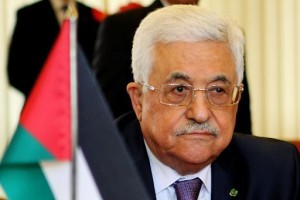



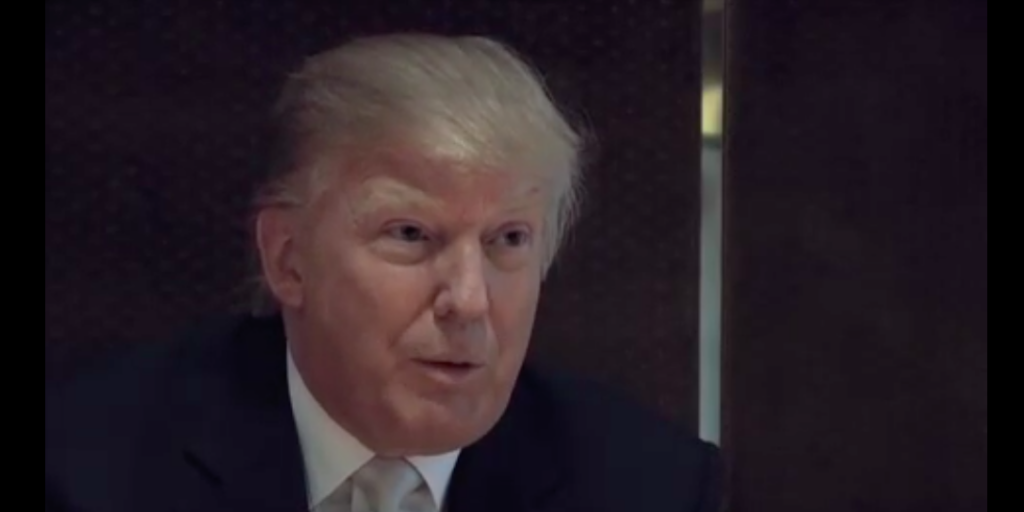

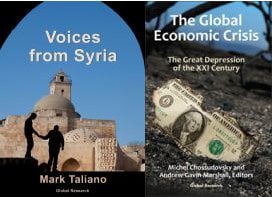




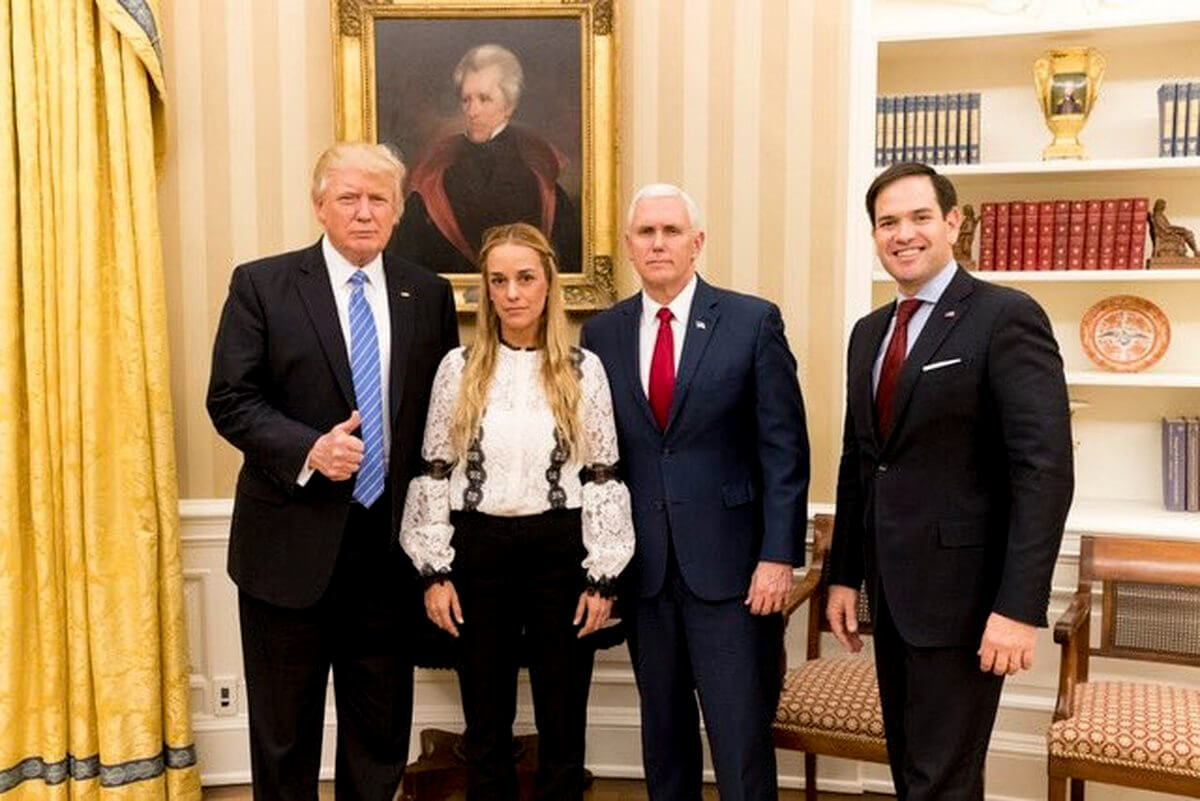

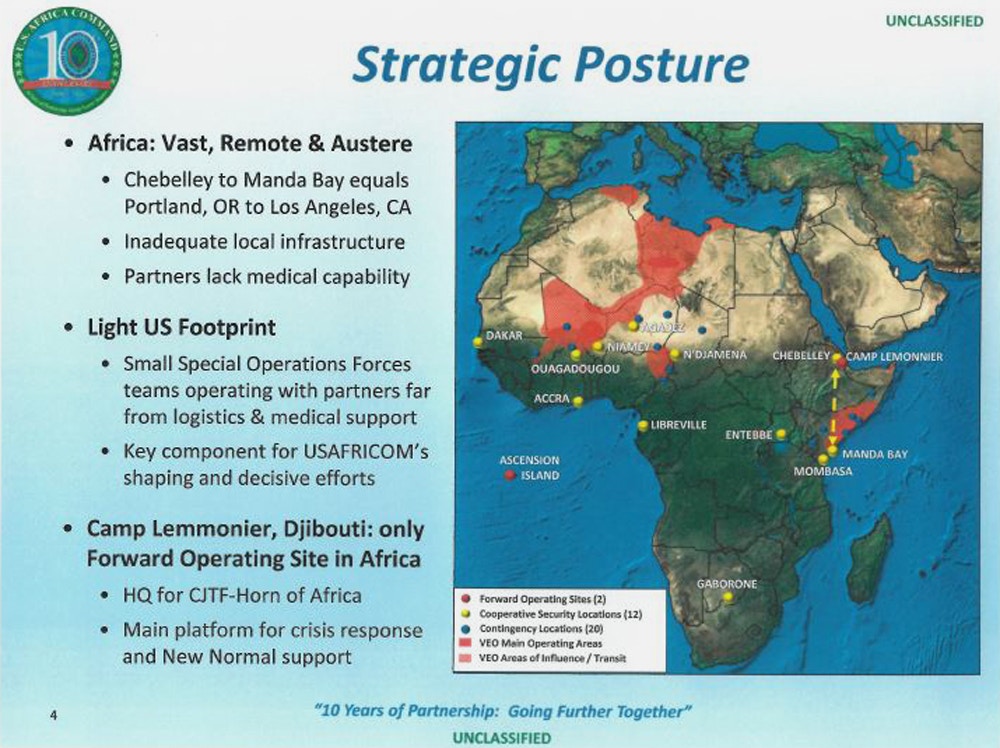

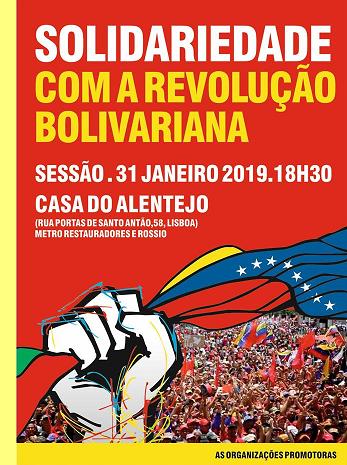 Portugal deplora a crise venezuelano que, segundo a ONU, empurrou 7,2% dos venezuelanos para os caminhos da emigração MAS ELE ESQUECE que 21% dos portugueses tiveram de abandonar seu país e vivem no estrangeiro, segundo as mesmas fontes.
Portugal deplora a crise venezuelano que, segundo a ONU, empurrou 7,2% dos venezuelanos para os caminhos da emigração MAS ELE ESQUECE que 21% dos portugueses tiveram de abandonar seu país e vivem no estrangeiro, segundo as mesmas fontes.
